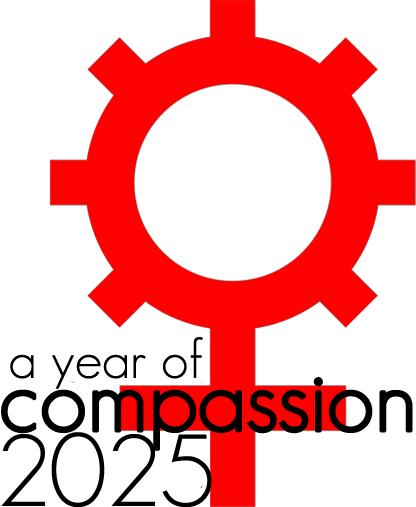In my writings about joy, I speak of the environment often. I wrote such things as ‘our environment impacts us constantly, regardless of whether we are aware of it,’ and ‘the environment also means things we surround ourselves with mentally, emotionally, and socially.’ There is truth to those words, but I missed a more significant point. In the west, we have been raised to think of ourselves as isolated centers of awareness placed in a separate world, which we then confront. We say things like, ‘we come into the world,’ and ‘we’re a product of our environment,’ demonstrating a detachment from the environment. Fruit does not ‘come into the world;’ it comes from the plant. People, too, come from the world.
We commonly believe the self extends only to the skin, and the environment is something external. We think ‘nature’ is outside somewhere else. We look at a bird’s nest as natural because an animal built it, but a human house is artificial because we are separate from nature. How do you describe a person without describing their environment? If you talk about someone’s skin, aren’t you recalling hundreds of thousands of years of genetic evolution – which is environmental? If you talk about someone’s socio-economic status, aren’t you also describing the environment they were brought up in and the challenges they faced? The head does not grow and change without the body; the person does not grow and change without the environment.
The problem with operating as if we and the environment are not the same is it allows classifications and judgments. People, believing they are separate from the environment, will destroy it for short-term profit. Instead of caring for the environment as they would themselves, they don’t give it a second thought. In America, three people own more wealth than the bottom 50% of the country combined. Since people see themselves as separate from a vast harmonious system, such systemic inequalities will never be addressed in meaningful ways. Believing we exist outside nature gives us room to believe we are superior to it and act accordingly. If three animals hoarded and ate more than 50% of an ecosystem, the system would die out.
Whether in the workplace, a hobby, or a life’s passion, we often give it a familiar name if we are deeply connected to something. We call an inanimate object of devotion ‘my baby’ or a reliable co-worker ‘my work-wife.’ Such terms are symbols of attachment. If the object or person changed somehow, the person attached would also change. However, it is a common misconception to think if the ocean changed, we would remain the same. We are part of a wheel; if you push one side down, the other gets pulled up. We do not exist in isolation, wherein we can change something, and everything else remains static.
“I am the environment.” it is simple as that. When pondering a spring redecorating project, it isn’t about ‘creating’ a supportive environment but expressing yourself honestly within your space. Just as the fruit is the expression of the tree, your space is an expression of you. Perhaps your space isn’t where you want it to be because, deep down, you don’t value yourself much, and so it reflects that lack of self-worth. The vital idea is to see ourselves (body, mind, spirit) and the physical world as intrinsically linked. What happens to the trees happens to us, and how we treat our bodies impacts our minds. The person on the park bench comes from the same place we do. The stuff we do, create, and love is just as part of nature as the birds and clouds in the sky. Take care of nature; you are worth it.
